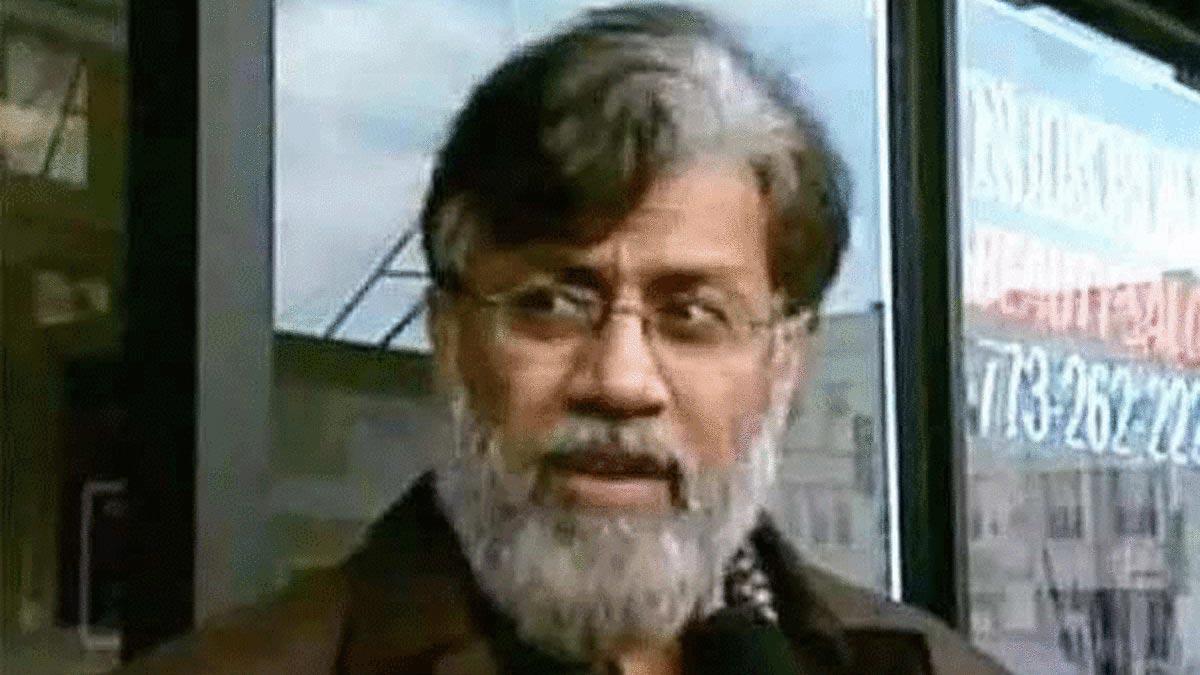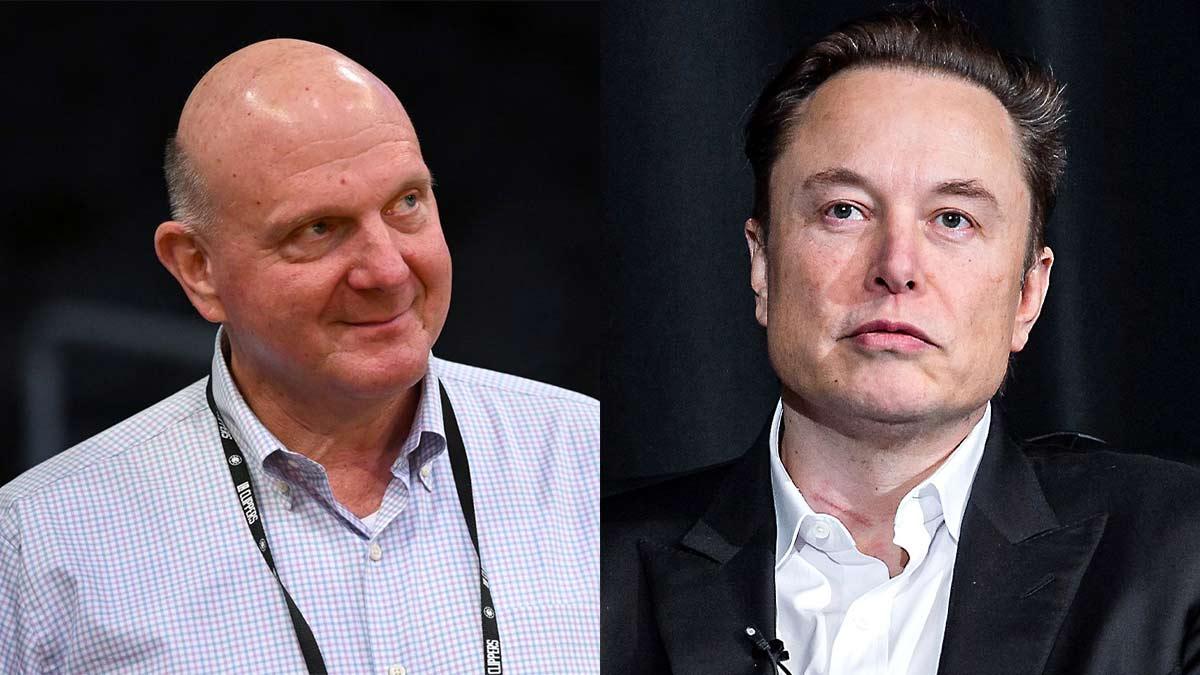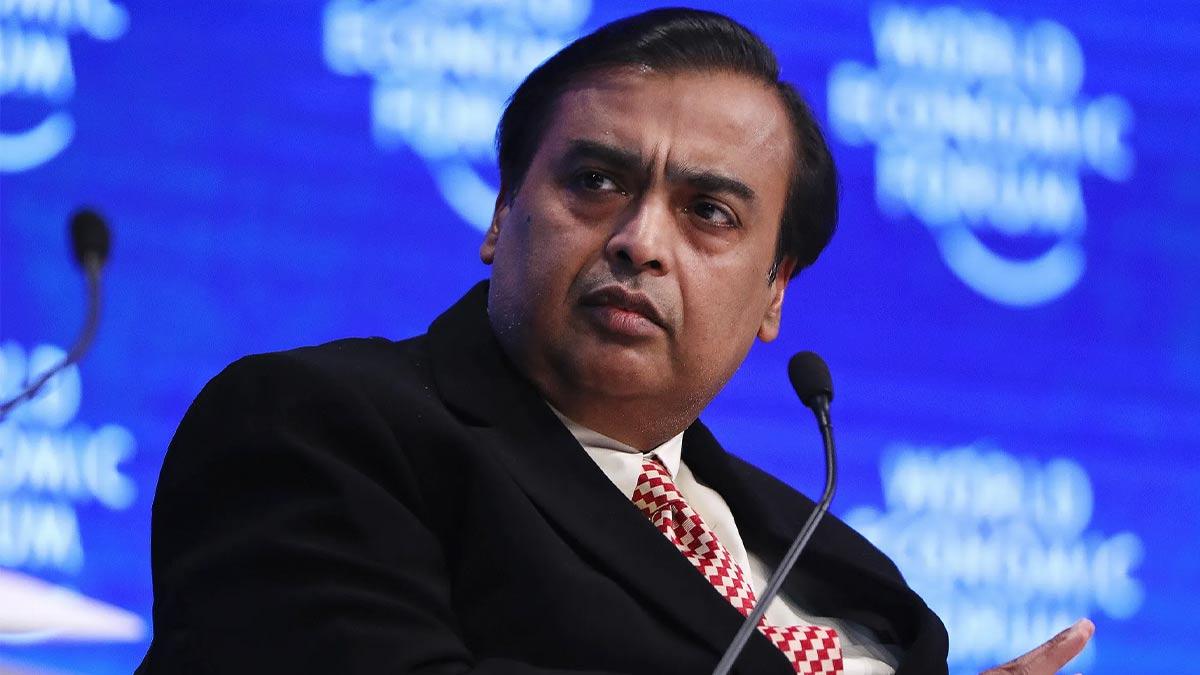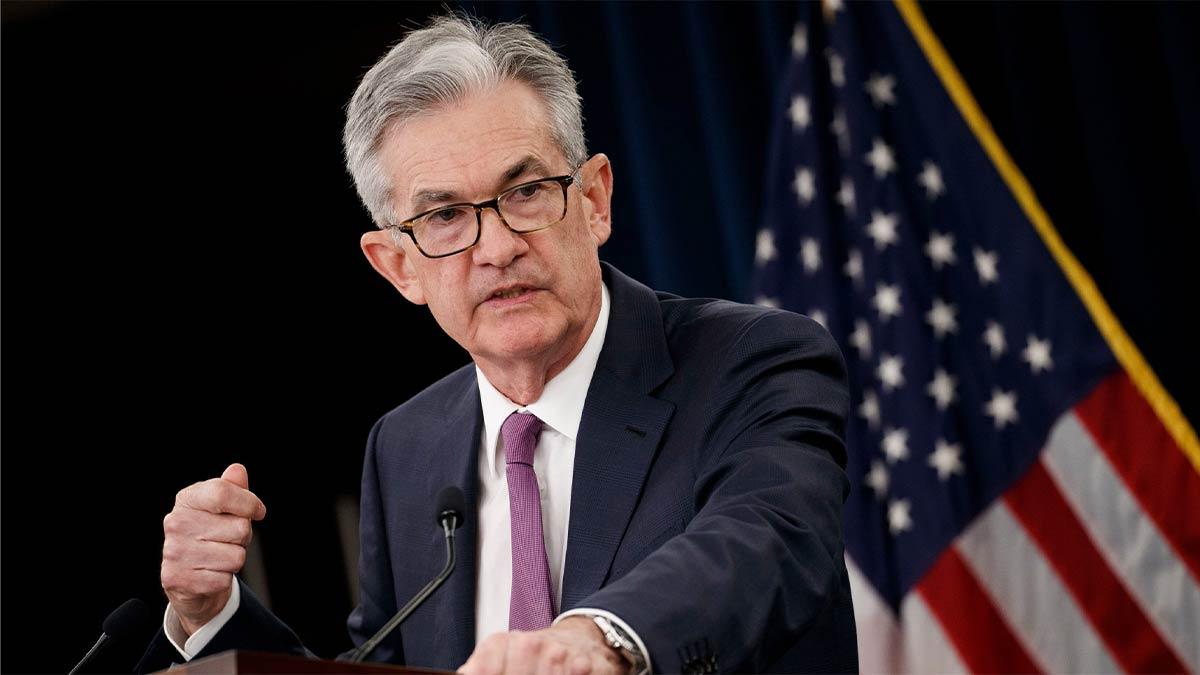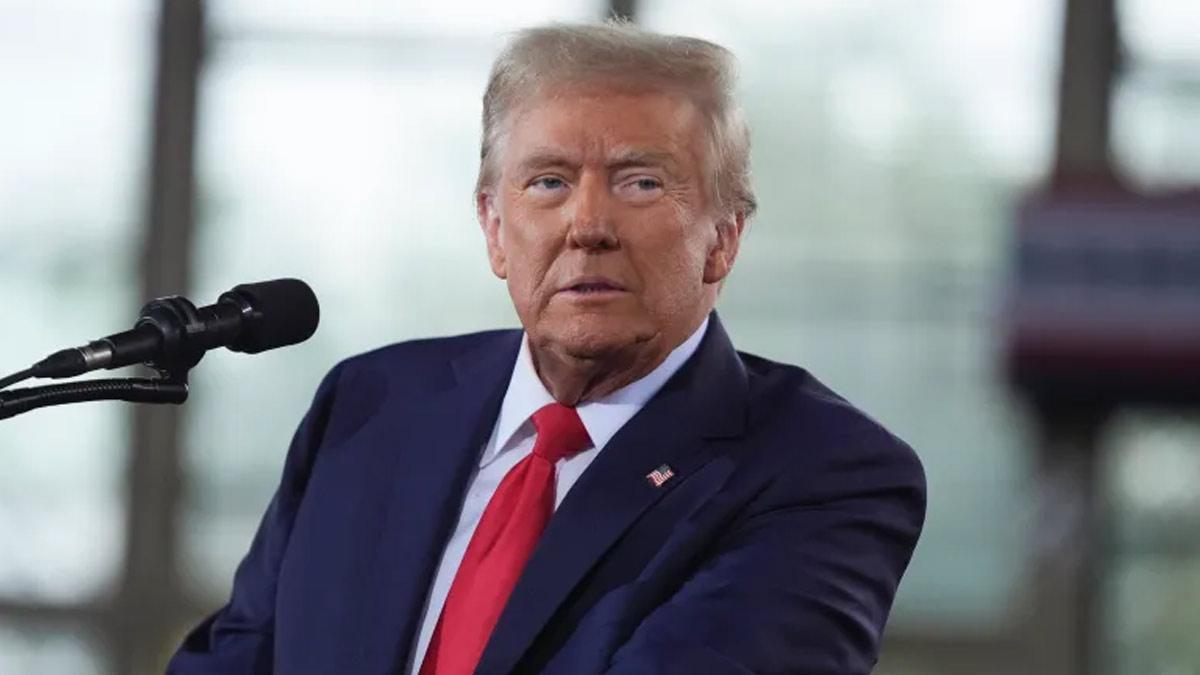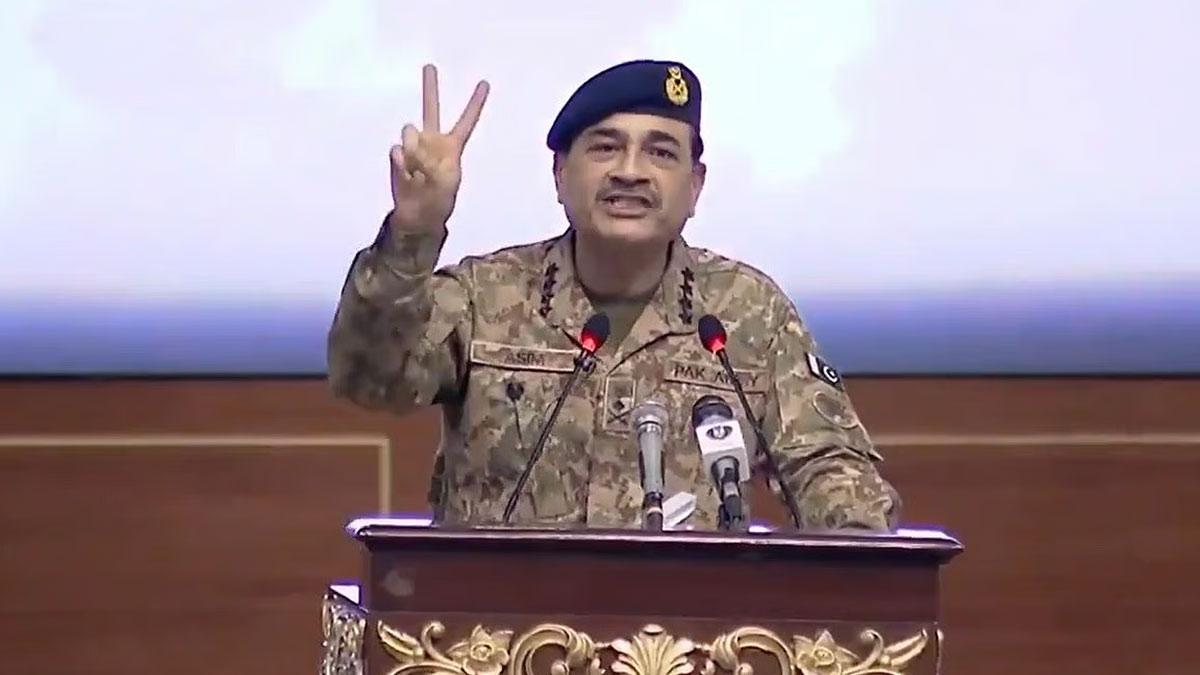The United States Supreme Court has dismissed a last-minute plea by Tahawwur Rana, a central conspirator of the 2008 Mumbai terror attacks, to temporarily stop his extradition to India.
According to the official case status on the Supreme Court website, Rana's emergency petition was rejected on Monday.
Earlier, the court's clerk had listed the case for consideration on April 4 under the "conference" listing—a procedural step showing that the justices were considering submitted documents to decide if they would accept the case.
A senior Indian government official from the National Investigation Agency (NIA) said U.S. authorities are likely to soon report to the agency a timeline for when an NIA team could travel to the United States to accompany Rana to India for prosecution.
Rana had gone to Chief Justice John G. Roberts Jr. in search of relief after Justice Elena Kagan had earlier refused to hear his plea on March 6. In his extradition appeal, Rana contended that being a Muslim of Pakistani origin and a retired Pakistan army officer, he was under threat of being tortured by India—comparing the scenario to placing him in a "hornet's nest."
To back his plea, Rana cited a recent UK High Court ruling that refused India's extradition request for arms dealer Sanjay Bhandari on the grounds that he might be tortured.
The U.S. Supreme Court had already turned down Rana’s earlier attempt to block his extradition on January 21. His transfer to India was previously greenlit by the Trump administration during Prime Minister Narendra Modi’s visit to Washington last month.
Rana, now in prison at the Metropolitan Detention Center in Los Angeles, is to be transferred to Indian authorities by the FBI on a date to be agreed upon by both countries.
From November 26 to 29, 2008, ten Lashkar-e-Taiba gunman based in Pakistan made coordinated attacks on Mumbai, killing 166 people, 24 of them foreign nationals. They came by sea and brought violence to the city for almost 60 hours.
Investigations—strengthened by the arrest and confession of Ajmal Kasab—involved Pakistan's Inter-Services Intelligence (ISI) and accused three of its military officers as accomplices, as well as Lashkar-e-Taiba leader Hafiz Saeed.
David Coleman Headley, an American citizen and close friend of Rana for years, was at the center of reconnaissance of the target locations in Mumbai. Headley was arrested by the FBI in 2009 and accepted a plea agreement and is serving a 35-year sentence. Indian investigators questioned Headley in June 2010, but Rana was not questioned then.
This will be the first time that Indian authorities will have an opportunity to personally interrogate Rana. Extradited, he will be brought to Mumbai, where his immigration company—First World International—had established a local office that Headley used as cover for his scouting operations.
Also, Rana will be led to several other cities such as Agra, Hapur, Cochin, and Ahmedabad—places that he himself went to with his wife in the week or so leading up to the attacks, from November 13 to 21, 2008.
Indian officials are optimistic that Rana's extradition will reveal the exact roles of the Pakistan-based masterminds of the attack, particularly the roles of Pakistani army and ISI officials who gave logistical and financial support for the operation.
Read also| China’s Intensifying Drills Raise Alarm in Taiwan Over Potential Sudden Attack
Read also| PM Modi Highlights ‘Unbreakable Bond’ with Sri Lanka After Productive Talks in Colombo

